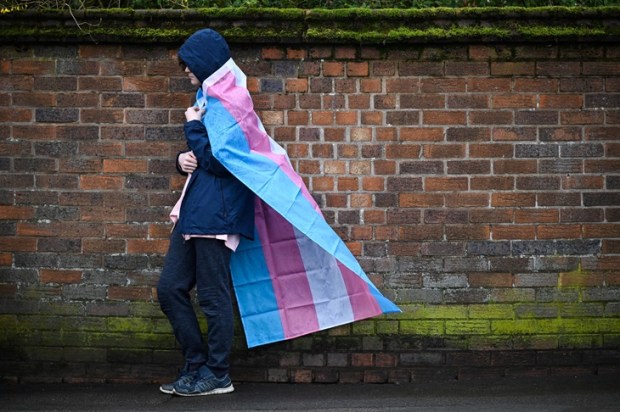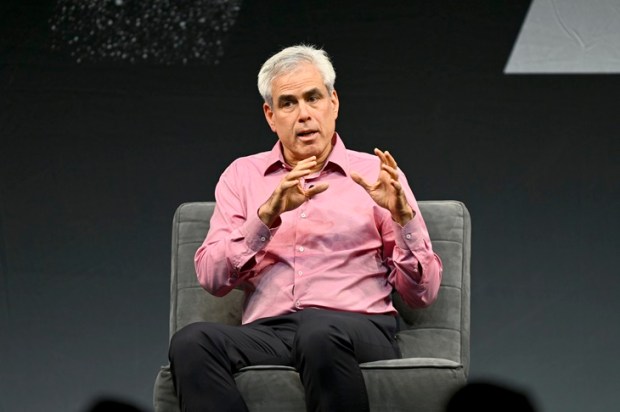Brains are indeed fascinating. They are also still mysterious. And they can also be confusing.
I was reminded of this during another event from our (horribly long) election campaign. The current Federal Minister for Education announced that consent would be taught more in schools. This came after a report of alleged terrible action by some grossly immature boys in a school. Indeed, at face value, their poor judgement was not only immature – it was, as reported, frightening for some of the recipients of their conduct.
There are at least four sets of brains involved in this latest incident that require consideration if we want to help improve this kind of happening. The first two sets of brains are the teenage male and the teenage female brains. Another set of brains who have become involved are the politicians who ‘jump to the rescue’ promising millions of dollars (about $70 million if the reporting is correct) to teach the students more about seeking consent. Even that supposedly simple announcement confused me – so are the teachers going to explain to the boys on how to seek consent before texting horrible things about the girls?
That might seem like hyperbole, but seriously, there is so much confused thinking lurking behind what is presented as a good and straightforward solution. The proposed helpful educational idea carries so many assumptions to make it simplistic at best, and harmful at worst.
For example, what do we know of the teenage male brain? We know that this particular muscle is on average behind in development compared to the average teenage female brain. Some suggest that the brain in these lads doesn’t finish ‘growing up’ until 25 years of age (for some at least). So, can we blame the immature brains of the male youths in this incident?
‘No!’ many will insist. These boys, they will claim, referring to the usual developmental psychology texts, must be affected by their social upbringing and/or current social environment. This is the debate between the fourth set of brains involved in this incident – those who study brains and behaviour. Their usual debate amongst themselves is whether ‘nature’ or ‘nurture’ is more important in the development of the young.
This kind of debate equally applies when considering the role of the brains of the young women involved. Their brains are said to make them, on average, more relational. Researchers like Jonathan Haidt (The Anxious Generation) have described how this apparent predisposition makes young women want to find favour with as many other peers as they can. When social media goes well, it helps with this apparent need. But when it goes bad, it can go very bad, very quickly.
All of this is reasonable, to an extent. What is not reasonable, based on these limited findings, is expecting that teaching young people about consent is in any way an indicator that they will be more likely to seek consent. Learning about life issues is not the same as being invited to do good in life. The former is a matter of competency. The latter is a matter of commitment.
Competency is, of course, important. It was allegedly CS Lewis that commented that a most dangerous thing is a 15-year-old boy who has a strong opinion but who knows nothing. But what he noted as more dangerous was trying to teach character, or virtues, without a frame of reference that worked for all people (in his Abolition of Man).
Lewis’ nuanced argument rides on assumptions that I suggest are unexamined, or at least undisclosed, in this kind of instruction-based reaction to a teenage situation where one party allegedly acts in a way to bring distress and grief upon others. Here are some questions that we tend to ignore in these debates about how to help stop or minimise such harm.
Is ‘nature plus nurture’ enough? The short answer is, ‘no’. Our physical capacities make a difference in what we can attempt. Our social training sets up what we consider as normal in our relational life. But that is not enough to understand how to teach the young well. That is because they have the ability to decide what will we do with our capacities and relationship patterns. Such self-consciousness (or, ‘free will’) begs the uncomfortable question about our natures. Are we simply socialised, dynamic biology, or something more? Christian Smith, who described the Moral Therapeutic Deism of many who call themselves Christians, wrote to his fellow sociologists in What is a Person that if embodied soulness (a highly contested concept for some) was not included in understanding who we are as persons, then our understanding of who we are as society is severely limited.
It seems that our Federal Education Minister has not considered this debate, because ‘learning about’ is simply not enough for self-conscious beings. Even the honest (and perhaps brave) atheist Thomas Nagel noted in his Mind and Cosmos that ‘consciousness is the most conspicuous obstacle to a comprehensive naturalism that relies only on the resources of physical science’. Brain researchers face the same puzzle – do our brains drive who we are? Or are they a vehicle between the physical world and the broader world of the mind? Lisa Miller’s recent book (The Awakened Brain) starts such an exploration based on her work in understanding the role transcendence has in mitigating what we term ‘depression’. Sharon Dirckx in Am I Just My Brain? makes stronger philosophical connections between brain, mind, and the non-tangible aspects of human reality.
What therefore is the relationship between competency and commitment? This urge to consider thinking as more than information transfer is not to deny the worth of knowing about important aspects of life, as Lewis reminds us. However, such competency training is but a platform for something more deeply human. We can call it establishing morality from a known ethical base, but more simply, I suggest it is a consideration of the question, ‘What will we do with what we now know about, and why?’ This part of teaching beyond instruction invites students to consider their commitments as human beings, as part of the society in which they live.
The Federal Minister seems to be utterly out of touch with how often we poorly implement both good instruction and commitment exploration in our schools. Good teachers often do one or both despite their training. But if you have been taught in a reductionist modernist philosophy, or relativistic post-modernist philosophy as a teacher, you will struggle to do both instruction and exploration of commitment well.
The modernist might have more understanding of processes like cognitive load theory and teaching practice. This can lead to better instruction towards increased competency. But that in itself does not naturally lead to students also exploring the commitment question of what choices they might make with what they now know about.
Alternatively, the post-modernist (in any of its current reconstructivist forms) may want to explore many options for personal choice, often through the lens of identity theory. However, such choices will be presented with limited information that is essential to create a basis for knowing what might be true, or not. When I am self-creating ‘my truth’, while you are doing likewise, then who can say what is a universal moral attribute? For example, from where does the concept of universal respect come? As Tom Holland in Dominion discovered, this social construct has occurred within a very small tangent in human history. That thin line follows the trajectory of Judeo-Christian teaching about who we are as embodied souls, made to live in particular ways. Historical alternatives have not been found.
What, then, are schools about in a multi-ethnic society? These somewhat abstract realities take us to one of the main issues of the election campaign – who are we as a multi-ethnic society? If we say we are committed to ‘multiculturalism’, does that mean we cannot critique any aspects of a culture different to our own? If that is the case, then how can any teacher assume a ‘universal moral’ such as ‘we will universally respect all others – even if we disagree with them, or even when their roles, responsibilities and capacities are different to ours’? Such a belief statement is not innate to individuals or to societies. The current debate about antisemitism is a case in point. How can a school expect to convince their students to be universally respectful when the core ideologies at home are not built around such a concept?
And that, dear Minister, is why your reaction to this terrible incident is so unsatisfactory. Until you come to understand more fully who we are as persons in society, your ideas will be facile and the money you spend will be wasted, leading once again, to ‘the predictable failure of educational reform’, as the late great Yale academic Seymour B Sarason described over 40 years ago.

























